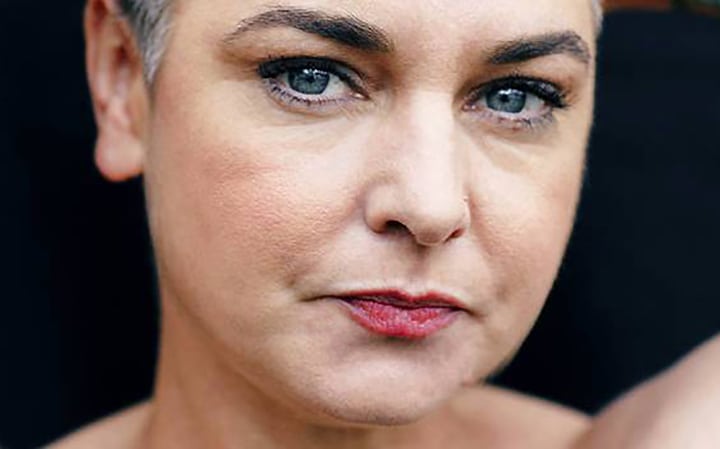Earlier this year Sinead O’Connor posted a video from a New Jersey hotel room, in which she shares in raw, unflinching detail, her long battle with mental illness.
In the video she is shaken and terrified and lonely.
She is angry, vulnerable, heartbroken.
The frustration in her eyes and her voice are palpable.
“People who suffer from mental illness are the most vulnerable people on Earth.”she pleads. “You’ve got to take care of us. We’re not like everybody.”
I wonder if it matters.
I wonder if it will take her leaving to matter.
That seems to be how this all works.
In the aftermath of the suicides of high-profile figures like Chris Cornell and Chester Bennington in recent days, or Robin Williams or Kurt Cobain well before them—the world suddenly fills with grief-stricken fans offering tributes, sharing their disbelief, and lamenting the shock of the loss. They adorn doorsteps with makeshift memorials. They gather in tear-filled vigils. They create posthumous tributes.
And in the hours immediately following such tragedies—they comb through the dead person’s social media posts, song lyrics, and last days, asking the question, “Could we have seen the signs? Were their signs pointing to something so terrible?”
Sinead O’Connor is a neon sign.
She is a flashing billboard.
Her every word, every tear, every quaking expletive born out of desperation, is a rescue flare shot into the night sky.
She is telling us where she is and how to find her.
She is showing us what it is to live with mental illness, and how pressed against the precipice of staying here, that she and so many others are.
She is begging us to give a damn while she can still feel it.
She is telling us in essence, that were her premature demise to come, it should not be a shock to us.
This is the part of mental illness that we struggle with: mentally ill people; those who are abrasive or self-destructive or volatile. We don’t like to deal with that. We don’t like to watch people ranting in lousy hotels rooms about how alone they feel and are.
We don’t care for people with mental illness very well.
We distance ourselves, we minimize their sickness, we condemn their symptoms.
We wash our hands when they become too difficult to handle, when their care becomes too messy.
We ghost them.
We don’t do this to Cancer victims or to people with Heart Disease or those ravaged by infection. We don’t make fun of them, we don’t call them weak, we don’t question their choices—and we sure as hell don’t leave them alone to be overtaken by their illnesses.
The one thing we do really well with mentally ill and depressed people is to memorialize them and to navel gaze later on what we might have missed while they were alive..
We shouldn’t miss this.
Sinead O’Connor is saying on this side of existence, “Help me and people like me, while we’re still here.” She is asking us to step into the storm of mental illness and rescue people.
She is asking it for singers and actors—but for police officers, for school teachers and stay at home parents, too. She’s asking it for high school students and veterans and elderly couples. She is asking it for tens of millions of people who may not have the strength to lay themselves out in a video for the world to critique.
I hope we listen to Sinead.
I hope someone who is close enough to her, reaches out and into her life and tells her she’s worth fighting for, that she’s beautiful, that she’s not alone, that she matters.
I hope we all do this for our parents and spouses and children and best friends and neighbors and co-workers who need this.
I hope we begin treating mental illness like the deadly disease it is.
I hope we learn to love mentally ill people well—instead of settling on eulogizing them well.
Order John’s book, ‘A Bigger Table’ here.




